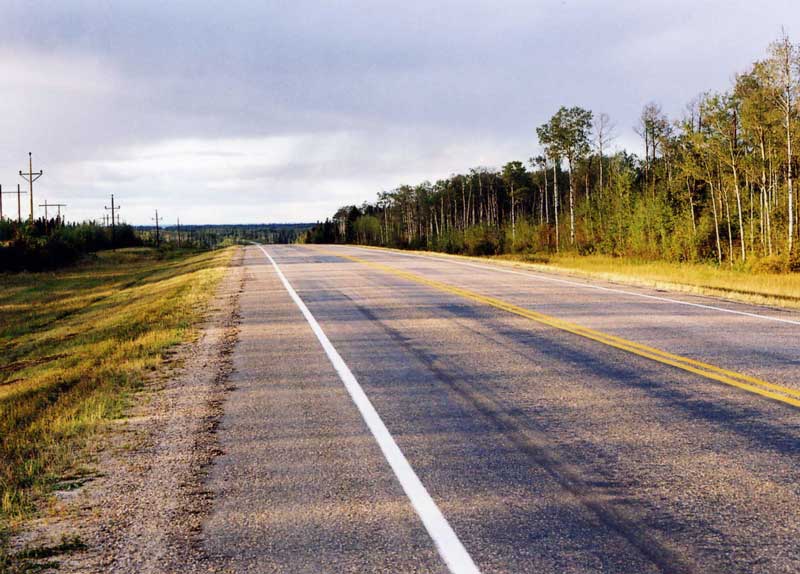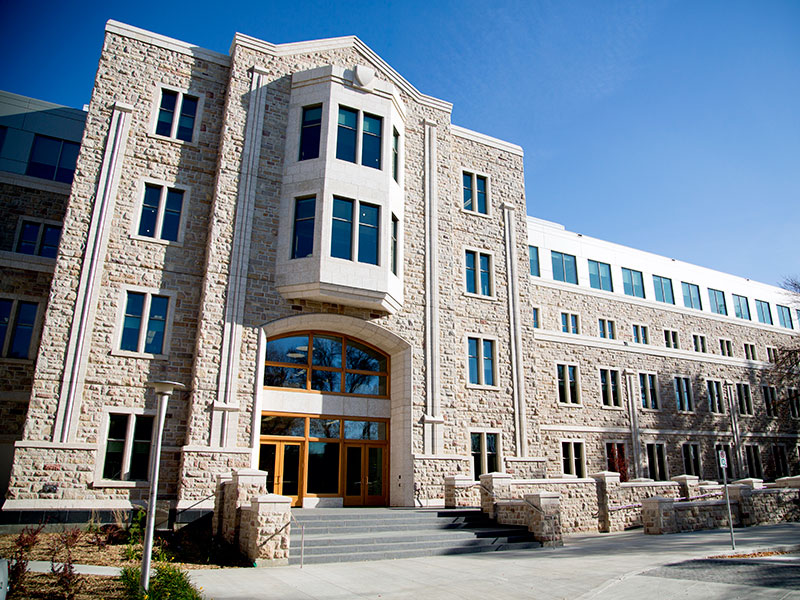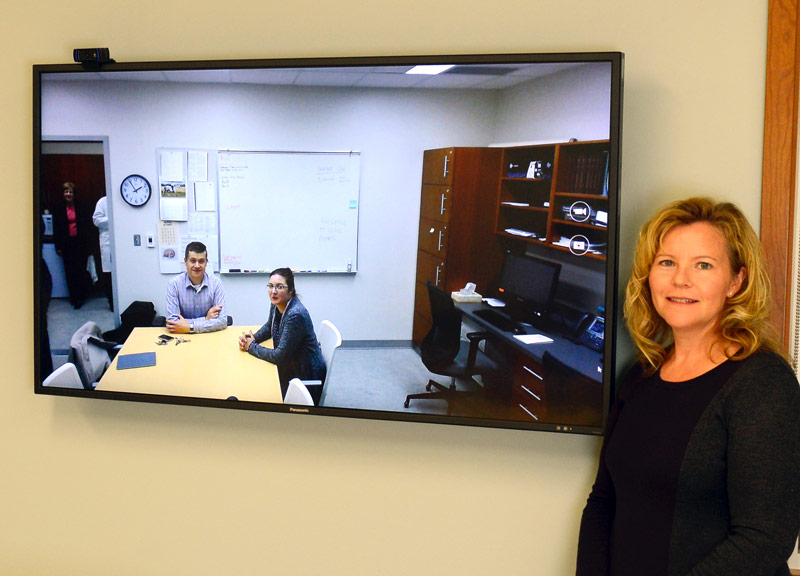Improving the Care of Persons with Dementia in Rural and Remote Areas

A growing area of need in health care, rural dementia care demands the attention of health care providers, researchers, and policy makers.
Members of the RaDAR Team at the University of Saskatchewan are facing the challenge to improve the delivery of rural dementia care across the continuum: from early detection and diagnosis to end-of-life care.
Research by the RaDAR Team is inspired by the needs of Saskatchewan's aging population:
- As of 2021, 17.5% of the population of Saskatchewan is aged 65 years and over. Dementia is not a normal part of aging, but age is the primary factor associated with the onset of dementia.
- In 2020, an estimated 597,000 Canadians were living with dementia, and that number is expected to rise to 1 million individuals living with dementia by 2030.
- Older adults in Saskatchewan are much more likely to live in rural areas.
- Rural older adults with dementia face multiple disparities accessing health care services, such as fewer services, greater travel distances, lack of transportation, lower availability of highly trained staff, and difficulty providing continuing education to health care providers.
- There is a growing need for more research into new approaches for delivering services to rural and northern communities.


The team is guided by these strategies for care:
- Improving the delivery of rural dementia care across the continuum: from early detection and diagnosis to end-of-life care.
- Early diagnosis and treatment have been shown to be key components in alleviating stress, providing direction for treatment, and allowing patients and families to plan for the future.
- The use of telecommunications and information technology are improving the delivery of health care services across distances.
Follow the RaDAR team on Twitter for more: @RaDAR_Usask
RaDAR News and Information
Loading...
